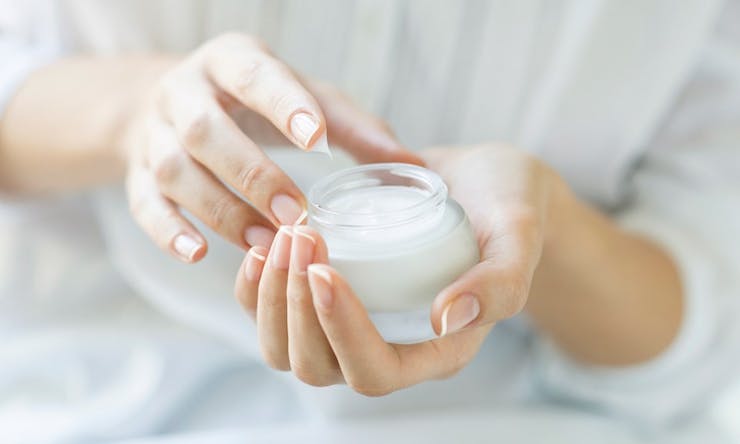It may be a surprise to learn that many top-shelf cannabis-infused ointments, shampoos, and body creams found across Europe and, increasingly, in the United States are made in the Czech Republic. Entrepreneurs in the heart of Europe are using their traditional cannabis know-how to fill a niche in the world’s growing markets for cannabis-infused topicals.
A Long Herbal Tradition
Slavic nations have used herbs in homeopathic medicine for centuries, if not millennia, and the tradition continues today. Locals often prefer homemade rubs to mass-produced body care products.
Cannabis was a particularly popular herbal remedy in Czech lands until the American-led prohibition on cannabis started in the 1930s. But even as the drug war ramped up, folk medicine remained alive and well in the countryside. Generation after generation continued to cultivate small amounts of cannabis or hemp to make topicals that ease the aches and pains of everyday life.
In 1989, when the Iron Curtain fell after 40 years of communism, cannabis topicals producers began to pop up. In the early years, cottage industries made products at home by hand, combining formulas of petroleum jelly, pork lard, or coconut oil with hempseed oil or cannabis extracts.
Most home producers ignored health and narcotics rules and, unsurprisingly, many went bankrupt, merged with peers, or were shut down by health authorities or the police. Legal troubles stemmed largely from the fact that homemade products, unlike many produced today, tended to be made from cannabis and not hemp, meaning they sometimes contained amounts of THC that exceeded the 0.3% threshold in Europe. And that made them controlled substances.
Going Global
“Nowadays it is absolutely common to see a whole range of legal, cannabis-based products in every drugstore in Czechia, a stark contrast with neighboring countries,” said Hana Gabrielová, who’s farmed hemp for nearly two decades.
With more than 20 years of experience under their belts, the country’s main producers of infused topicals have gained considerable market share — not only at home but also abroad, outpacing other European competitors.
Differing laws among E.U. nations are a big piece of the equation. In Germany, Europe’s biggest national market with eight times the population of Czechia, local law regulates hemp like high-THC cannabis. The Czech government, on the other hand, regulate hemp as an industrial commodity with virtually no limits on cultivation and processing.
Shop highly rated dispensaries near you
Showing you dispensaries nearAs such, domestically produced hemp cosmetics, dietary supplements, and fiber are extremely limited in Germany — and much easier to import from the Czech Republic. It’s a similar situation in Spain, the UK and beyond. If you find cannabis topicals in Berlin, Bavaria, or Brighton, they’re probably Czech made.
“We managed to sign export agreements worth around $3 million just in first three months of 2016,” said Robin Kazík, co-founder and owner of the topicals company Annabis. “By this October we should have branches in 12 different countries.” Annabis sells its goods in Europe, has initiated sales in Asia, and is expected to have its goods on American pharmacy shelves later this year after a lengthy process of securing FDA approval.
An originator in the field is Cannaderm, founded by hemp enthusiasts in Northern Bohemia. The company has been offering its goods in the U.S. for years via online sales, but it now faces competition from other Czech-based manufacturers, such as Carun Pharmacy. Carun’s owners have recently teamed up with an Florida-based businessman of Czech origin, and this year the company plans open a store dedicated to hemp-based products in Panama City Beach, Fla.
Jiří Stabla, owner of Carun Pharmacy — and also a techno DJ on the Spanish island of Ibiza — has already expanded retail operations to the United Kingdom and Poland. Plans are in place for Carun to expand even further.
Stabla’s business has been called misleading by authorities in Czechia. While he calls his stores “cannabis pharmacies,” they aren’t technically pharmacies, and the products don’t (or shouldn’t) contain THC. Stabla counters that Carun products are made from herbal hemp extract and are rich in other cannabinoids, differentiating his goods from the majority of cannabis cosmetics globally that instead rely on hempseed oil for their cannabis contribution.
“We are just opening our first cannabis pharmacy in the U.S.,” the 32 year old said, “and if it proves successful, we would like to open two more this year, most likely in New York and Dallas.”









